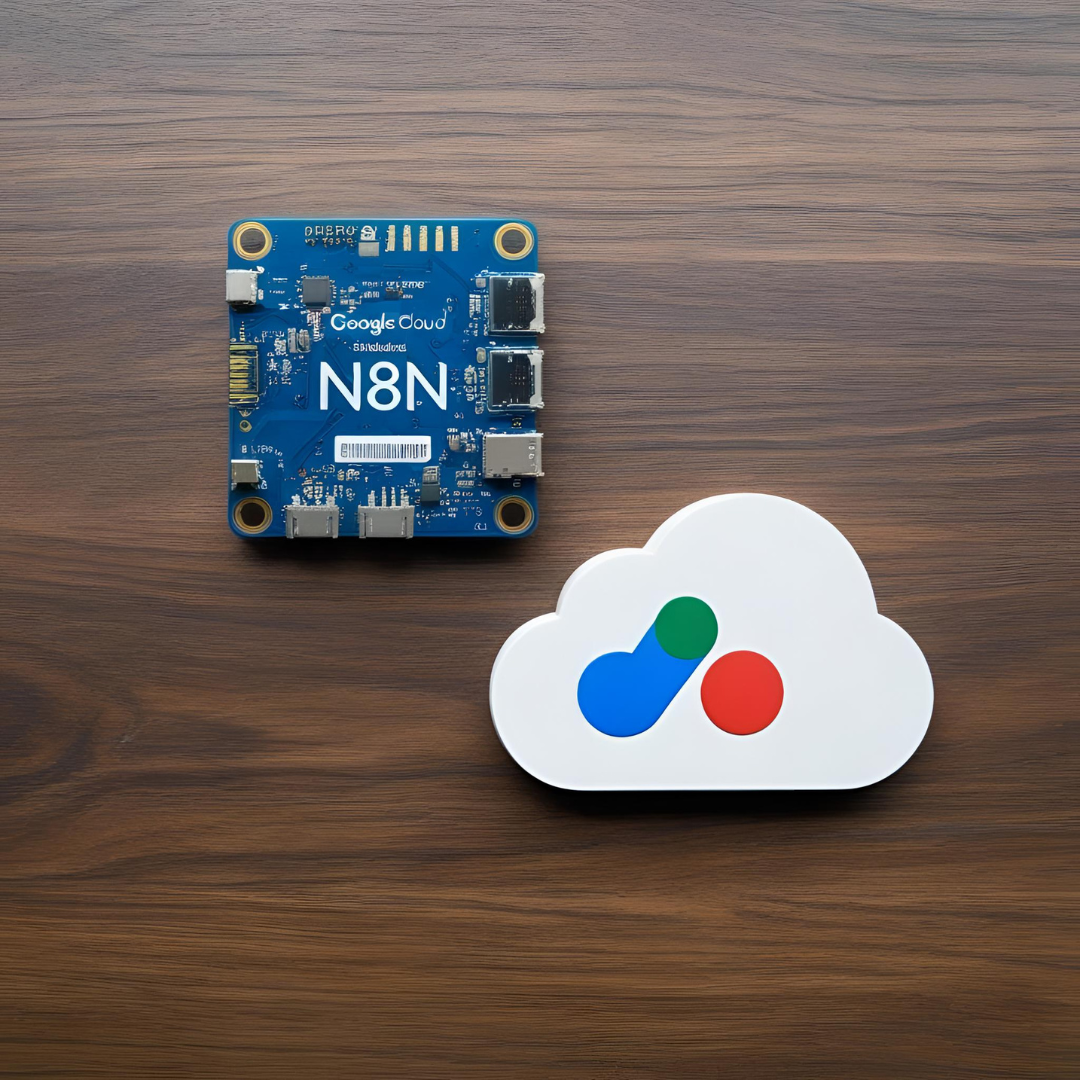Creating a Self-Hosted n8n Instance on Google Cloud Using Cloud Run and Cloud SQL
Introduction
I recently decided to self-host n8n, an open-source workflow automation tool, on Google Cloud to take full control of my automation capabilities. n8n enables users to connect various applications and automate repetitive tasks with ease. My primary goal in this project was to set up a fully functional and efficient automation workflow that I could manage directly.
What is n8n?
n8n is a powerful, extendable tool that provides a visual interface for creating complex workflows. With triggers and actions, I can automate processes without needing extensive programming knowledge. The active community surrounding n8n constantly contributes integrations that enhance the platform’s functionalities.
Google Cloud Services Overview
For this self-hosting project, I chose to utilize Google Cloud services, specifically Cloud Run for the application deployment and Cloud SQL for managing the database.
Google Cloud Run
Cloud Run is a serverless computing platform that automatically scales to meet traffic demands. Its key advantages include:
- Simplified Server Management: Allows me to focus on workflow development without managing underlying infrastructure.
- Cost Efficiency: I only pay for the resources I consume, making it financially suited for my needs.
Google Cloud SQL
I utilized Cloud SQL to handle the database requirements for my n8n instance. Notable features include:
- Seamless Integration with Cloud Run: Streamlines the deployment process.
Setting Up n8n on Google Cloud
Step-by-Step Guide
- Creating a Google Cloud Project
- I created a new project in the Google Cloud Console to serve as the foundation for my application.
- Setting up Cloud SQL
- I used Terraform to configure the Cloud SQL instance as follows:
resource "google_sql_database_instance" "n8n_db_instance" {
name = "${var.cloud_run_service_name}-db"
project = var.gcp_project_id
region = var.gcp_region
database_version = "POSTGRES_13"
settings {
tier = var.db_tier
availability_type = "ZONAL"
disk_type = "PD_HDD"
disk_size = var.db_storage_size
}
deletion_protection = false
depends_on = [google_project_service.sqladmin]
}
resource "google_sql_database" "n8n_database" {
name = var.db_name
instance = google_sql_database_instance.n8n_db_instance.name
project = var.gcp_project_id
}
- Configuring Cloud Run
- Next, I deployed the n8n application using Terraform with the following configuration:
locals {
n8n_image_name = "${var.gcp_region}-docker.pkg.dev/${var.gcp_project_id}/${var.artifact_repo_name}/${var.cloud_run_service_name}:latest"
service_url = "https://${var.cloud_run_service_name}-${google_project_service.run.project}.run.app"
}
resource "google_cloud_run_v2_service" "n8n" {
name = var.cloud_run_service_name
location = var.gcp_region
project = var.gcp_project_id
ingress = "INGRESS_TRAFFIC_ALL"
deletion_protection = false
}
resource "google_cloud_run_service_iam_member" "n8n_public_invoker" {
project = google_cloud_run_v2_service.n8n.project
location = google_cloud_run_v2_service.n8n.location
name = google_cloud_run_v2_service.n8n.name
role = "roles/run.invoker"
member = "allUsers"
}
resource "google_cloud_run_domain_mapping" "n8n" {
name = "n8n.loopstate.dev"
location = google_cloud_run_v2_service.n8n.location
metadata {
namespace = data.google_project.project.project_id
}
spec {
route_name = google_cloud_run_v2_service.n8n.name
}
}
- Deploying n8n
- I completed the entire deployment process using Terraform, ensuring all resources were provisioned and configured as needed.
Conclusion
Self-hosting my n8n instance on Google Cloud using Cloud Run and Cloud SQL has empowered me to manage automation workflows efficiently. I encourage anyone interested in automation to check out n8n for their own projects.
